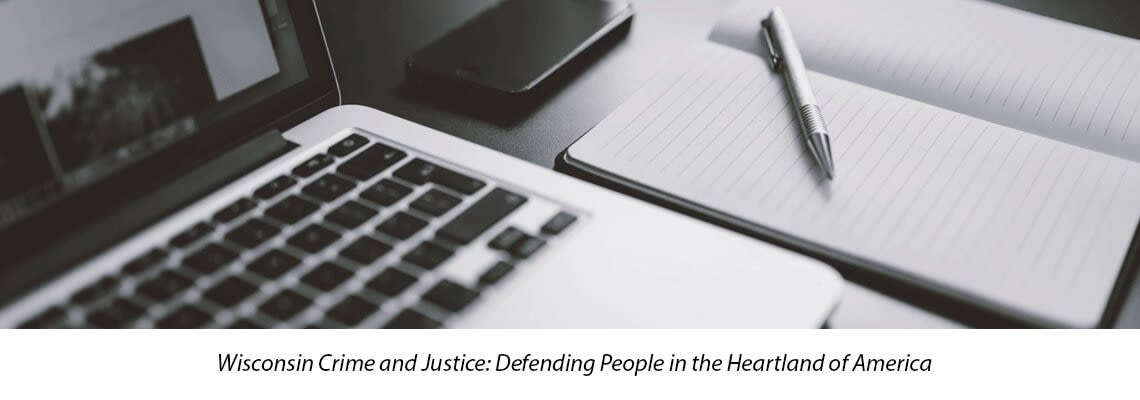
WISCONSIN: WE’RE THE BEST AT LOCKING UP AFRICAN AMERICAN MEN – PART III: BLACK LIFE IS CHEAPER
Black Life is Cheaper
Or at least, sometimes in the criminal justice system it seems that way.
A University of Wisconsin-Milwaukee study completed late last year reveals that the State of Wisconsin incarcerates black males at a much higher rate than any other state in America. Census Bureau figures completed in 2010 revealed that one in eight African American men in Wisconsin is behind bars in jail or prison, compared with the national average of one in fifteen. Additionally, Wisconsin is an outlier in this category, far surpassing the next highest state. The numbers speak for themselves, and are undeniable.
A fundamental goal of the justice system is to accomplish fairness, or equality in the distribution of the punishment and other remedies meted when when people are prosecuted for crimes. As lawyers, we tell ourselves that Lady Justice is blind to bias and prejudice, that the law applies equally to all. But in Wisconsin, our justice system’s output shows a different picture, one that reflects the opposite.
While the system as a whole and the people who work in it strive to be fair, our system is still human, where decisions are made at every critical stage of a criminal case process. Decisions like whether to suspect someone is doing something wrong, whether to investigate, how to investigate and whether to use force or arrest powers. Whether to charge someone with a crime, and if so, whether to issue a warrant for arrest or a summons to appear in court. Whether someone gets bail to come to court while a case is pending or stays in jail. How to conduct plea negotiations, and all of the information, arguments, and advocacy that lawyers on both sides – prosecution and defense – bring to those critical discussions. At sentencing hearings, our judges see the end result of these many decisions, and are asked to determine a fair and just sentence, to base their decision on the lawyers’ arguments, and on how serious the crime was, the character of the defendant, and the need to protect the public.
From police to lawyers and judges, different people make dozens of critical decisions on the path to each criminal case outcome. All of these people bring their backgrounds and personalities to this process, their best intentions and their inate biases.
Can justice really be blind to bias and prejudice with so many people making these decisions at each step? Or can racial bias, implicit or otherwise, affect the outcome? If even one decision along the way is affected by implicit bias, our experience shows us that the outcome can be skewed against a defendant in court. For example, whether an accused gets bail determines whether he stands before a court at the end of a case having lived in the community and worked on his rehabilitation during the months that the case was pending, or whether he stands before the judge in an orange jumpsuit, having spent those months in jail. It affects the outcome. It’s just easier to sentence a person to jail when he is already there.
So is black life cheaper? Is it easier to send African American people to prison? In our experience in the justice system, it often seems that way. When people of color have less resources it puts them in a tougher position to respond to a criminal charge, and they are more often the ones in the orange jumpsuit facing sentencing at the bench. When people of color live in hyper-segregated areas of Milwaukee with high crime rates that are the focus of aggressive saturation policing, everyone can look like a suspect, and when an African-American person is assualted or killed, it seems all too familiar, even normal. When young people of color more often come from bad schools, it's easier to ruin their future with prison or a felony conviction because the expectation is they were never going to college anyway.
In a system where people get the benefit or detriment of many human decisions on the path to justice, our experience is that less effort and emotion is spent when minority members are convicted of felonies, sent to jail or prison, or are victims of crime. People of color don’t come out as well as others, and the effect is to make it seem like black life is cheaper.
The numbers don't lie, and in a justice system that is supposed to be blind to bias, this must be fixed.
